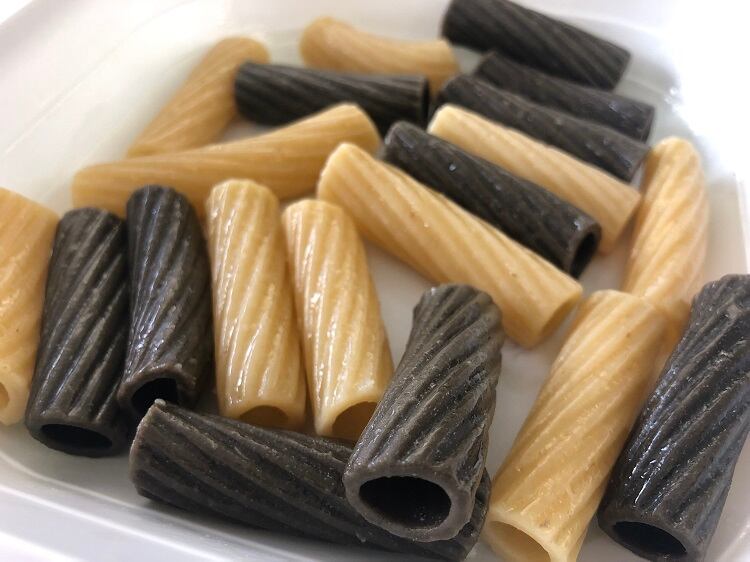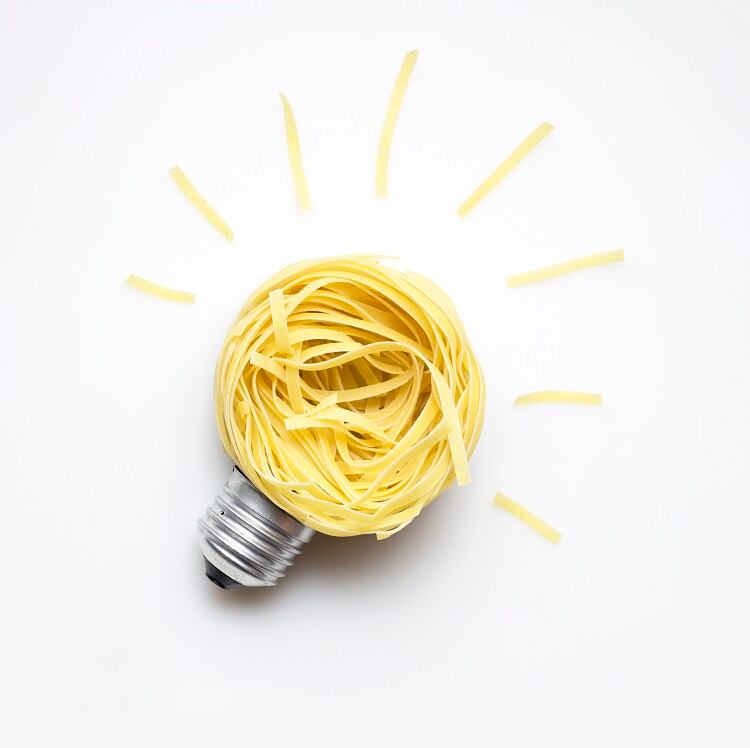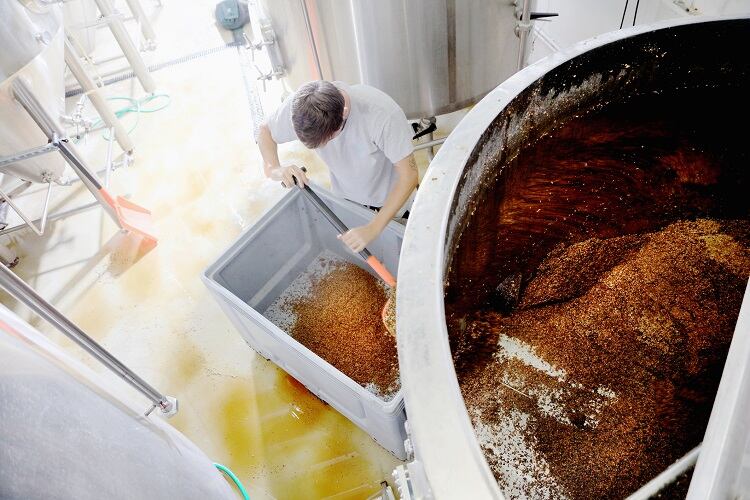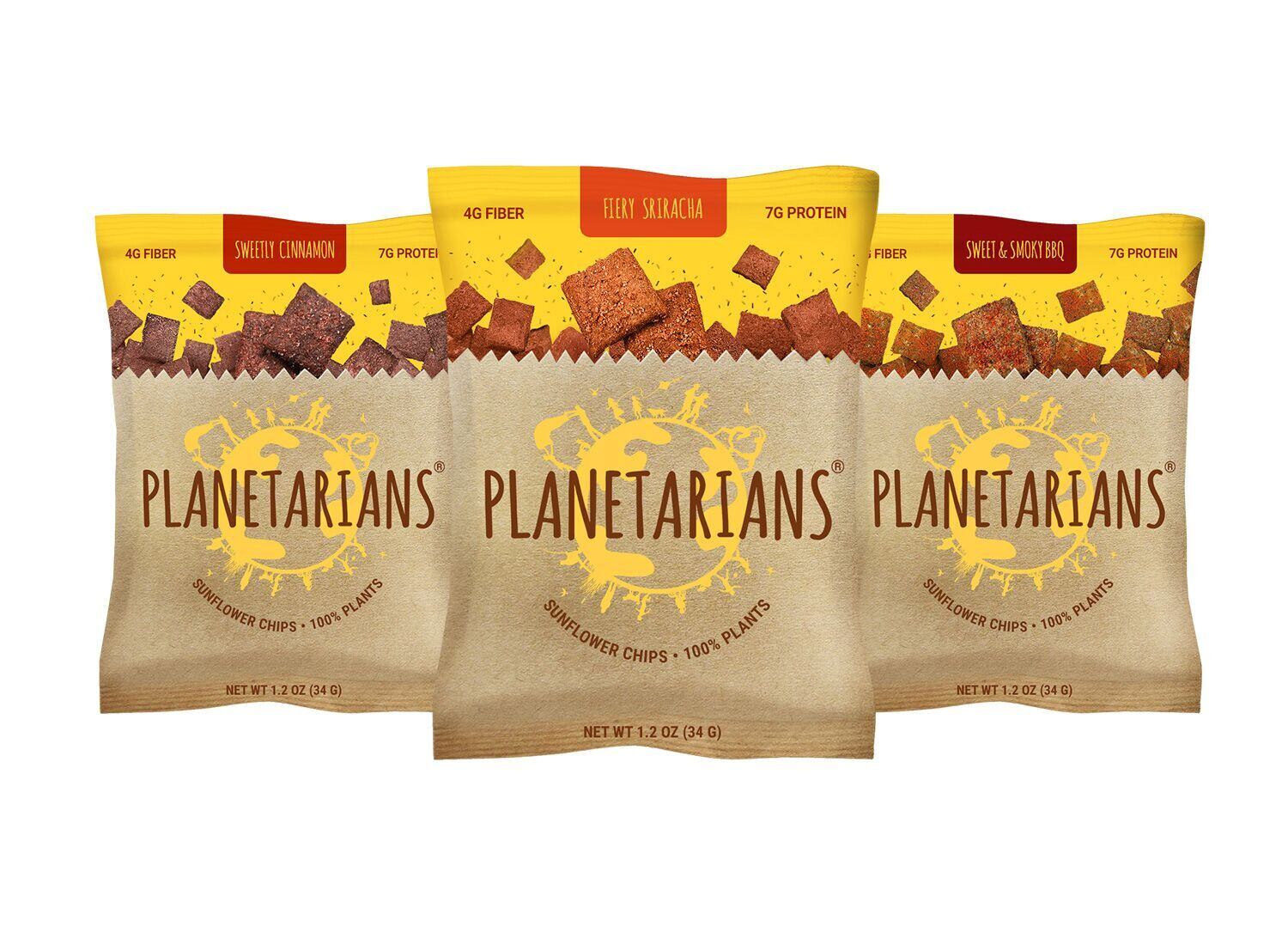Barilla’s venture firm BLU1877 has announced the launch of an eight-week programme for food start-ups in collaboration with ‘innovation platform’ KitchenTown. The goal of the Good Food Makers programme is for entrepreneurs to work alongside Barilla to bring ‘better’ and ‘more sustainable’ food products to market.
BLU1877 is calling for entrants with innovations in three focus areas: circular food economy, meal solutions, and healthy snacking. Those working in circular food economy will be designing food that minimises waste, with solutions that may use upcycled products and ingredients, regenerative agriculture, and minimally and unprocessed foods. Conscious consumer education and eco-friendly packaging are also covered in this area.
For participants interested in developing meal solutions, the aim will be to create flexible and personalised solutions with focus on health, taste, and convenience. This category may include Mediterranean meals, personalised meal kits, meal delivery, subscription services, and nutrition-based software.
And in healthy snacking, health, nutrition, and accessibility will all play a role. Entrepreneurs may tap into alternative ingredients, personalised nutrition, specialised diets – such as keto, paleo, or gluten-free – as well as plant-based and clean label products.
The programme includes a one-week stay at Barilla’s headquarters and pilot plant in Parma, Italy, where start-ups will experiment, test and prototype their innovation with Barilla staff. Participants will gain experience in benchtop prototyping, ingredient validation, shelf life analysis, sensory testing, nutritional value assessment, sustainability life cycle assessment, and market analysis.
At the end of the programme, “both parties will decide if they want to continue working together”, noted the company, adding that ongoing technical support, co-branded products, and investment are all opportunities for future collaborating with the Italian food giant.
“We want to develop a new legacy between Barilla, a family-owned company with decades of experience and traditions in food, and new entrepreneurs, who share the same vision to help people enjoy better lifecycles and build a better plant for future generations,” said BLU1877 vice president Michela Petronio.
KitchenTown founder and CEO Rusty Schwartz said he believes change in the food system is accelerated ‘when we work together’. “We see start-ups struggle with a lack of resources and expertise, while legacy food brands wrestle with innovation. We believe that through collaborations like this, food start-ups with great ideas will achieve success faster.”
Indeed, a number of success stories have merged from KitchenTown collaborations with BLU1877, including San Francisco-based ReGrained.

The start-up upcycles brewer’s spent grain into flour, which is then used to make snack bars. In September 2018, ReGrained closed a seed financing round led by product development company Griffith Food with participation from Barilla Group’s BLU1877 and Telluric Food.
Ingredient start-up Planetarians is another company to have entered the market following collaboration with Barilla. Planetarians produces a plant-based protein from upcycled defatted sunflower seeds. “Working with Barilla’s team has been invaluable to the growth of Planetarians,” said start-up CEO and co-founder Aleh Manchuliantsau. “I travelled to Parma, Italy where I tested and validated our upcycled SunMeal flour at a commercial scale. This validation is essential as we grow and take on larger orders and tackle bigger waste streams.”




